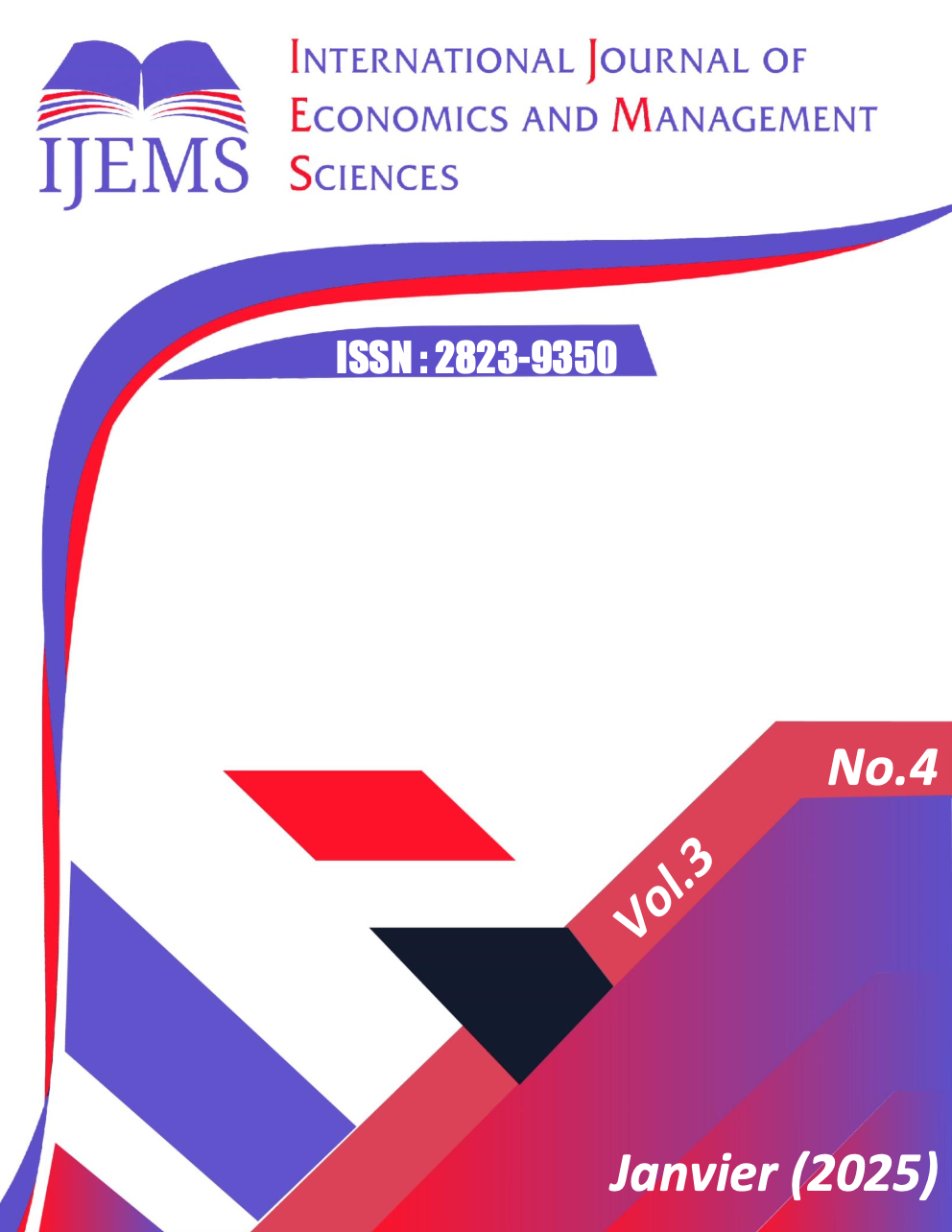Les Théories de l'économie sociale et solidaire : Un chantier en perpétuelle construction
Keywords:
Théories de l’économie sociale et solidaire ; partenariat Etat-tiers secteur ; échecs du marché et de l’Etat ; service public ; opportunisme ; principe de non-distribution du profit ; motivation des adhérents.Abstract
The theories of the social and solidarity economy (SSE) have enriched the field of economic studies by proposing new paradigms. They have mobilized a set of concepts that go beyond the reductive utilitarian vision of neoclassical economists. SSE researchers have sought to answer questions about the role of these organizations and how they operate. The underlying premise of these theories is the dual failure of the market and the state as mechanisms for allocating resources. Some theories attempt to explain the use of the SSE in a market economy on the basis of the problem of informational asymmetry. Others have focused on stakeholder motivations to explain the use of third-sector organizations as producers of certain public services. Still others have focused on partnership relations between sectors, highlighting the limitations of the state and the philanthropic inadequacy of NPOs.


















